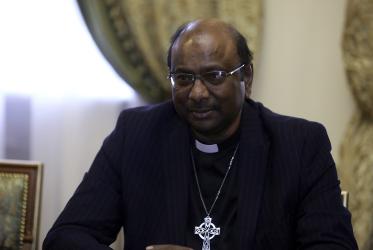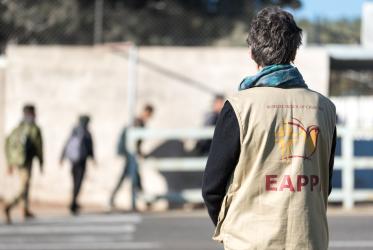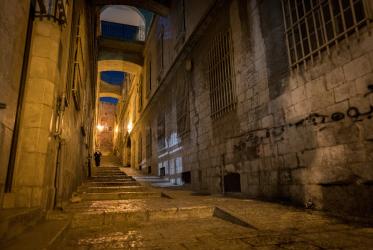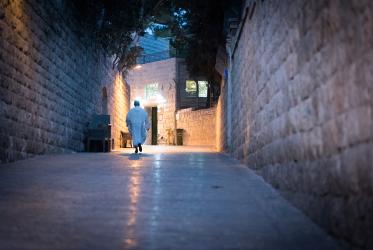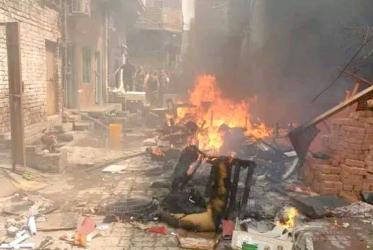Displaying 41 - 60 of 349
Philippines delegation meets with WCC to discuss human rights
19 October 2023
Recommended Practices to Combat HIV-Related Stigma
A Guidebook for Local Faith Communities
05 October 2023
Faith Sector Implementation of the Global AIDS Strategy
05 October 2023
ACT Alliance general secretary: “equity is not negotiable”
26 September 2023
In Armenia, WCC general secretary speaks for justice
22 September 2023
Ecumenical accompaniers report growing violence against Palestinians
21 September 2023
Ecumenical delegation visits Armenia
19 September 2023
Exhibition “Bethlehem Reborn – Palestine – The Wonders of the Nativity”
08 September 2023







